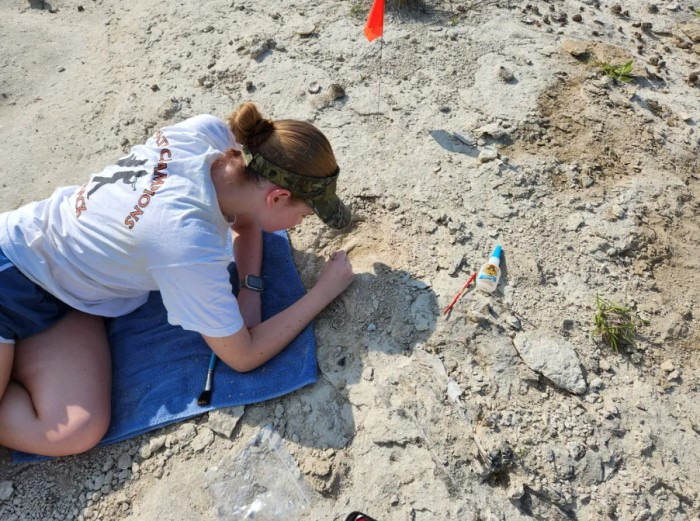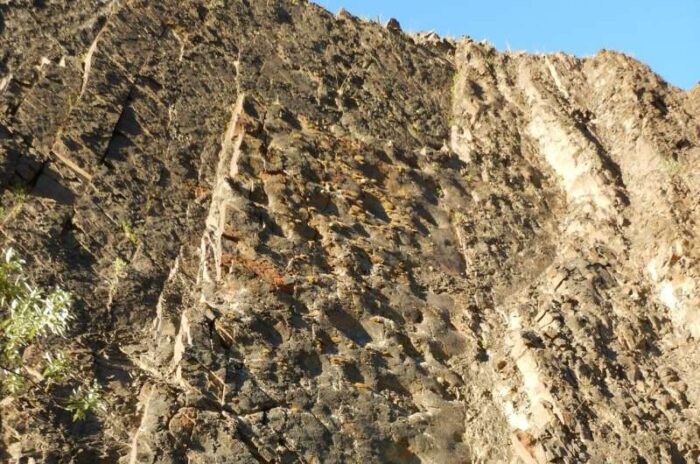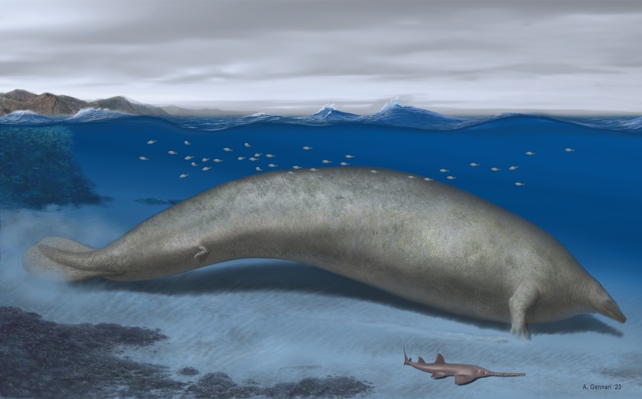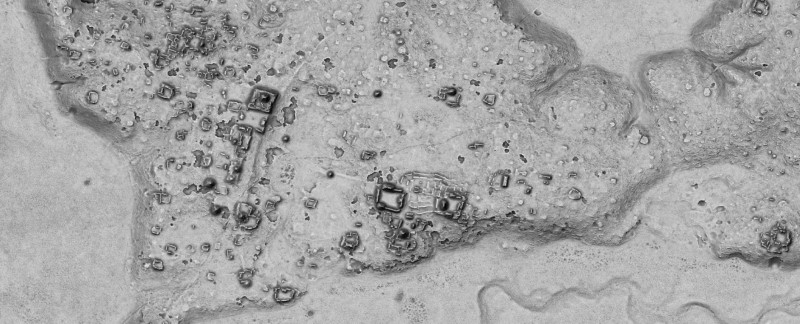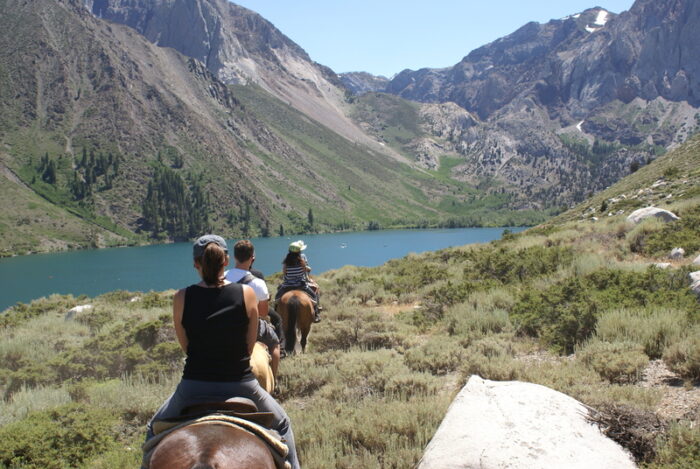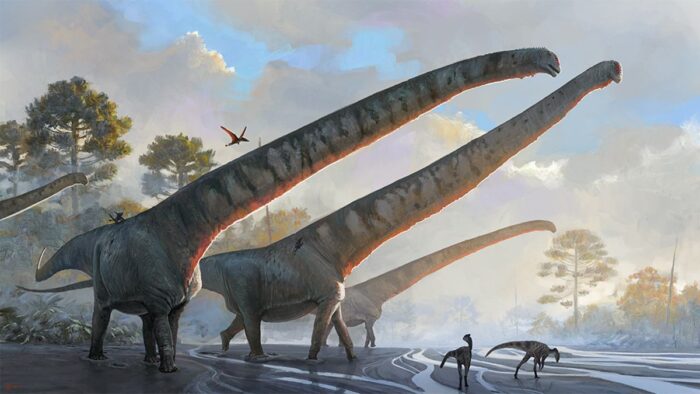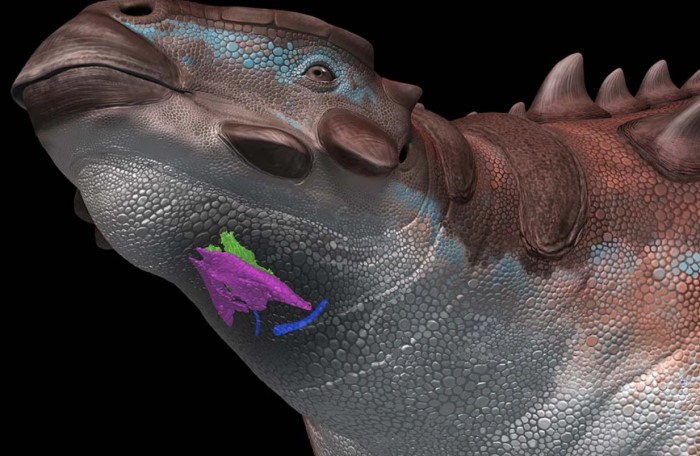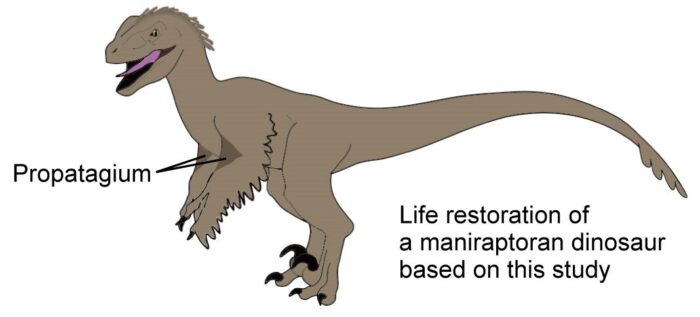We all know that a day is 24 hours long. Seven days a week, year after year after year. Except ...
In truth, the days on Earth are actually always getting slightly longer. Now, because this is happening by only about 0.000015 seconds per year, you likely haven't noticed any change.
But over (lots and lots of) time, those hundred-thousandths of a second can add up. For example, at this rate over the course of the next 100 million years, the Earth day will get nearly a half hour longer. Neat!
Meanwhile, if we go back around 900 million years into the past, we will find that the length of the day was only about 19 hours long! Weird, right? How does all of this work?
We will start by looking at what makes a day the length that it is: our planet's rotation.
Turn, turn, turn
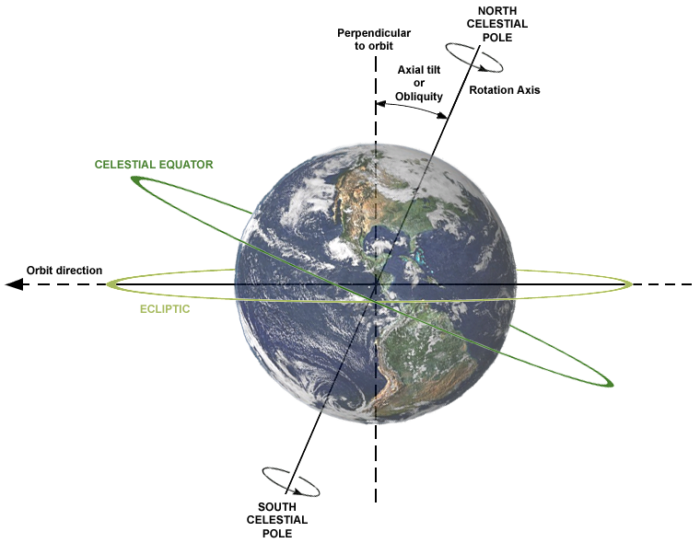
The Earth turns on its axis as it orbits the Sun. (Wikimedia Commons)
As Earth moves through space, it is performing two main motions.
First, it is orbiting, or traveling around, its star, the Sun. This journey lasts almost exactly 365.25 days, or one year.
Second, it is rotating, or spinning, on its axis. The axis is an imaginary line that runs right down the very centre of the planet from the north pole to the south pole. The length of an Earth day is determined by how long it takes for our world to complete one full rotation.
Right now, that length of time is 24 hours. But can this spinning speed up or slow down? Yep!
Why are our days getting longer?
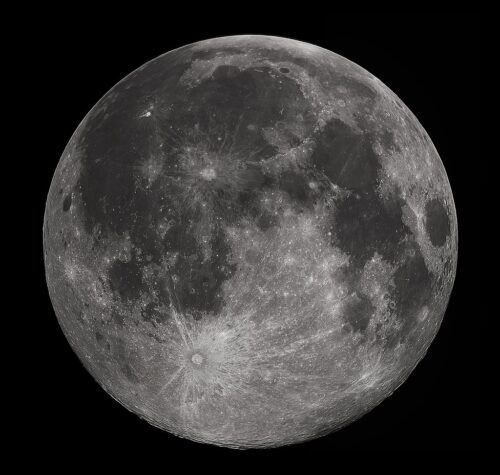
The Moon has a big effect on Earth's days. (Wikimedia Commons)
As we mentioned, Earth days are getting slightly longer. This is because the speed of Earth's rotation is slowing down. Is it because the Earth is getting lazy?
No! Instead, it actually has to do with the Moon. Once upon a time, the Moon was actually much closer to Earth than it is now, but it has gradually been moving farther and farther away.
Researchers Ross Mitchell of the Chinese Academy of Sciences and Uwe Kirscher of Australia's Curtin University are just a few of the scientists looking at how this relationship has worked through history. In a recent paper, they write that "over time, the Moon has stolen Earth's rotational energy to boost it into a higher orbit farther from Earth."
So basically, the Moon has been stealing a little of the energy of the spinning Earth to push itself into a wider orbit. And as it does this, the Earth loses just a little more of its juice, slowing down. Fascinating, right?
What was the boring billion?
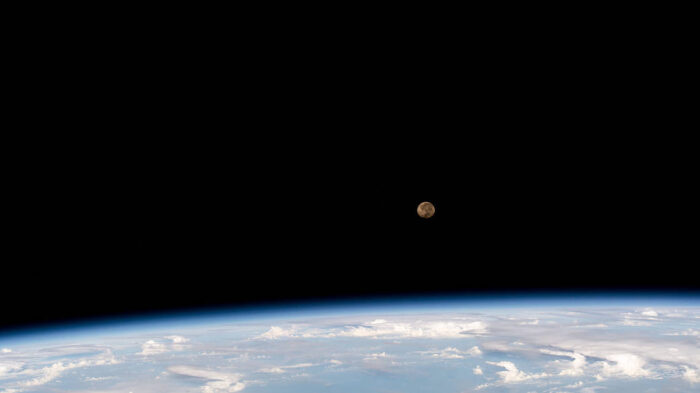
The Moon and the Earth truly do affect one another, and they have for billions of years! (NASA)
And it gets even more fascinating!
Geological evidence suggests that between 1,800 and 800 million years ago, Earth was stuck in a period known as 'the boring billion'. During this time (also known as the middle Proterozoic) very little on the planet changed. Including the length of days, which were stuck at about 19 hours long.
This is super weird because through its history, Earth has almost always been undergoing changes of some kind. Continents move, causing earthquakes and volcanic eruptions. The climate changes, going from ice ages to superheated tropical eras. And especially over the last 800 million years, life has undergone enormous evolutionary changes! Even over the course of just a few thousand years, our planet can change dramatically.
And yet during the boring billion, very little changed.
The climate remained pretty much the same.
The continents barely moved.
And life? It was just stuck on a bunch of tiny multicellular organisms. For a billion years!
Recently, the researchers Mitchell and Kirscher published a paper suggesting that this period was caused by a unique balancing out of the gravitational forces of the Sun and Moon on the Earth. Whether or not they're right, it's so interesting to think of how even something like the length of a day has been different at so many times in the planet's history.
We're pretty happy with the 24-hour day we've got right now!
 Day to night is a rhythm that we're used to. But it is slowly changing. (ID
220312601
© Michael Pelin | Dreamstime.com)
Day to night is a rhythm that we're used to. But it is slowly changing. (ID
220312601
© Michael Pelin | Dreamstime.com)
